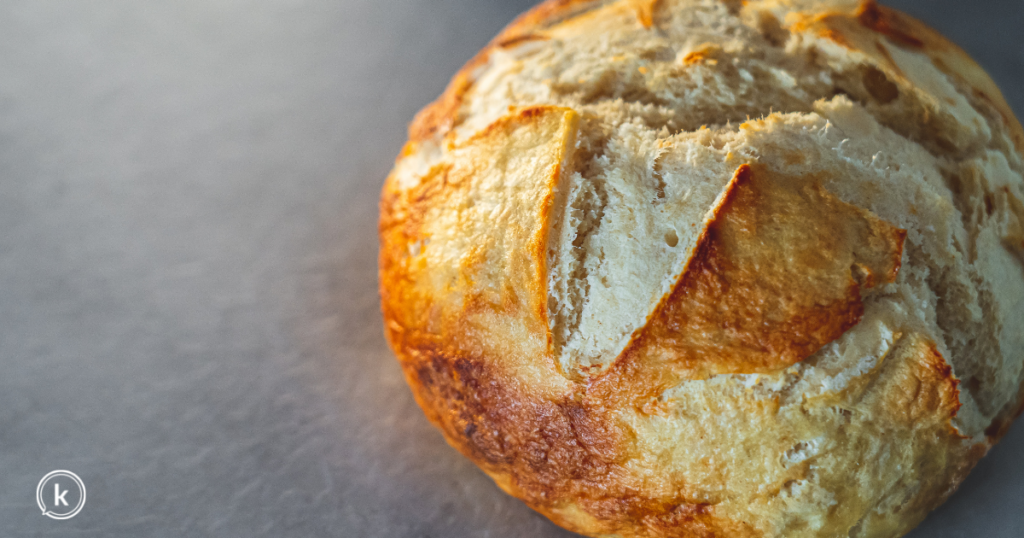Breaking bread instead of breaking fellowship

In the coming days (and weeks), many of us will gather with friends or family to share a holiday meal. We’ll put thought into who will encircle the table, extending invitations and setting a time to gather. We’ll put thought into the meal—possibly preparing favorite family recipes. And we might even put thought into what the table itself will look like… A centerpiece? Special plates or utensils? Candles?
But will we put thought into the conversation and the connection?
Or will we leave that to chance?
I believe we need to be more intentional about the relational aspect of these gatherings. Certainly, family relationships are complex and sometimes challenging. (Maybe friendships feel that way, too?)
Over the last 20+ months, we’ve seen relationships strain under more division than in any other time in recent history. I’d argue that we’re in a season of broken fellowship and deep-seated loneliness. Maybe you’re even feeling tempted to not invite someone to share your meal because of a painful rift in your relationship—or the rift you fear will occur if “that topic” comes up during dinner.
No matter where you stand on any of the issues polarizing our culture—and fracturing our sense of community—God intends for us to have unity with one another. In Paul’s words:
Therefore I, a prisoner for serving the Lord, beg you to lead a life worthy of your calling, for you have been called by God. Always be humble and gentle. Be patient with each other, making allowance for each other’s faults because of your love. Make every effort to keep yourselves united in the Spirit, binding yourselves together with peace. For there is one body and one Spirit, just as you have been called to one glorious hope for the future. There is one Lord, one faith, one baptism, one God and Father of all, who is over all, in all, and living through all.
Ephesians 4:1-6 NLT, emphasis added
Jesus called a diverse group of men to be His disciples: hard-working, uneducated fishermen, a scholarly intellectual, a tax collector, and Jewish zealots and nationalists. Some would have reviled the other because of their differences. And yet, He appointed them all—together—to become messengers of the Gospel. This made for many shared meals, not the least of which was the Last Supper, after which we model communion. One has only to look up the definition of that word to see how integral the notion of shared fellowship is to it.
And the early church followed their example, both in sharing communion (Acts 2:42) and gathering to partake in common meals (Acts 2:46, 47a):
And they devoted themselves to the apostles’ teaching and the fellowship, to the breaking of bread and the prayers.
Acts 2:42 ESV
And day by day, attending the temple together and breaking bread in their homes, they received their food with glad and generous hearts, praising God and having favor with all the people.
Acts 2:46, 47a ESV
Let’s be purposeful about our “communion” with one another this holiday season. Instead of allowing difficult issues to break our fellowship, let’s intentionally and humbly overlook any differences we have for the purpose of breaking bread together. I believe we’ll enjoy the fellowship God intended for us when we do. And, more importantly, He will be glorified in our doing so.
If you’re looking for a resource on how to navigate difficult conversations, I highly recommend anything put out by Crucial Learning—their blog is a repository of free resources for business and personal settings alike. This article will be helpful if vaccines are the hot topic.
And if you’re looking for a brief, Advent-focused Bible study, I’ve made mine available for free.
